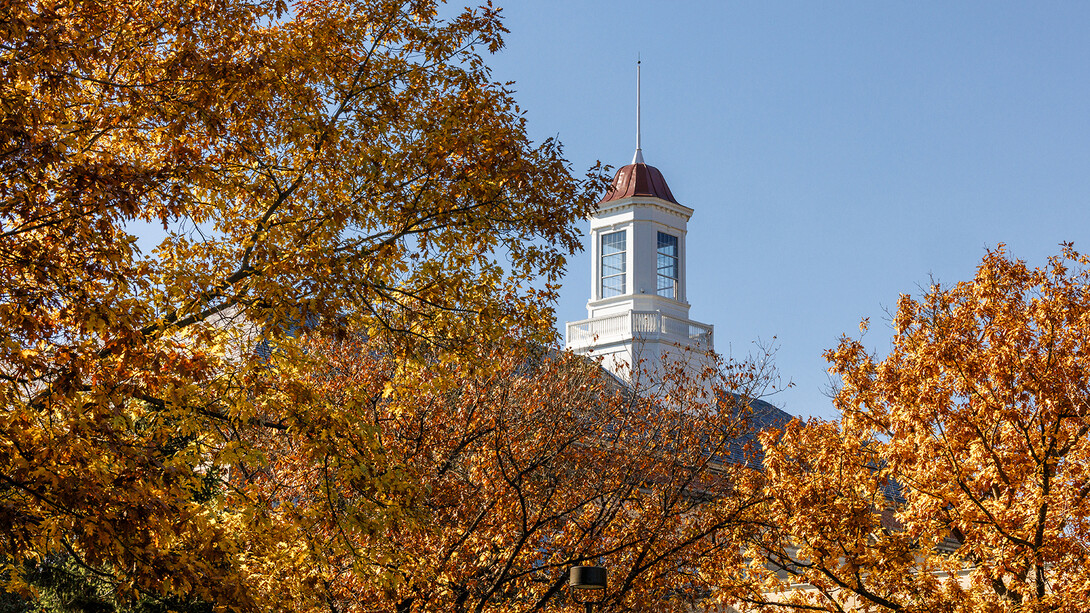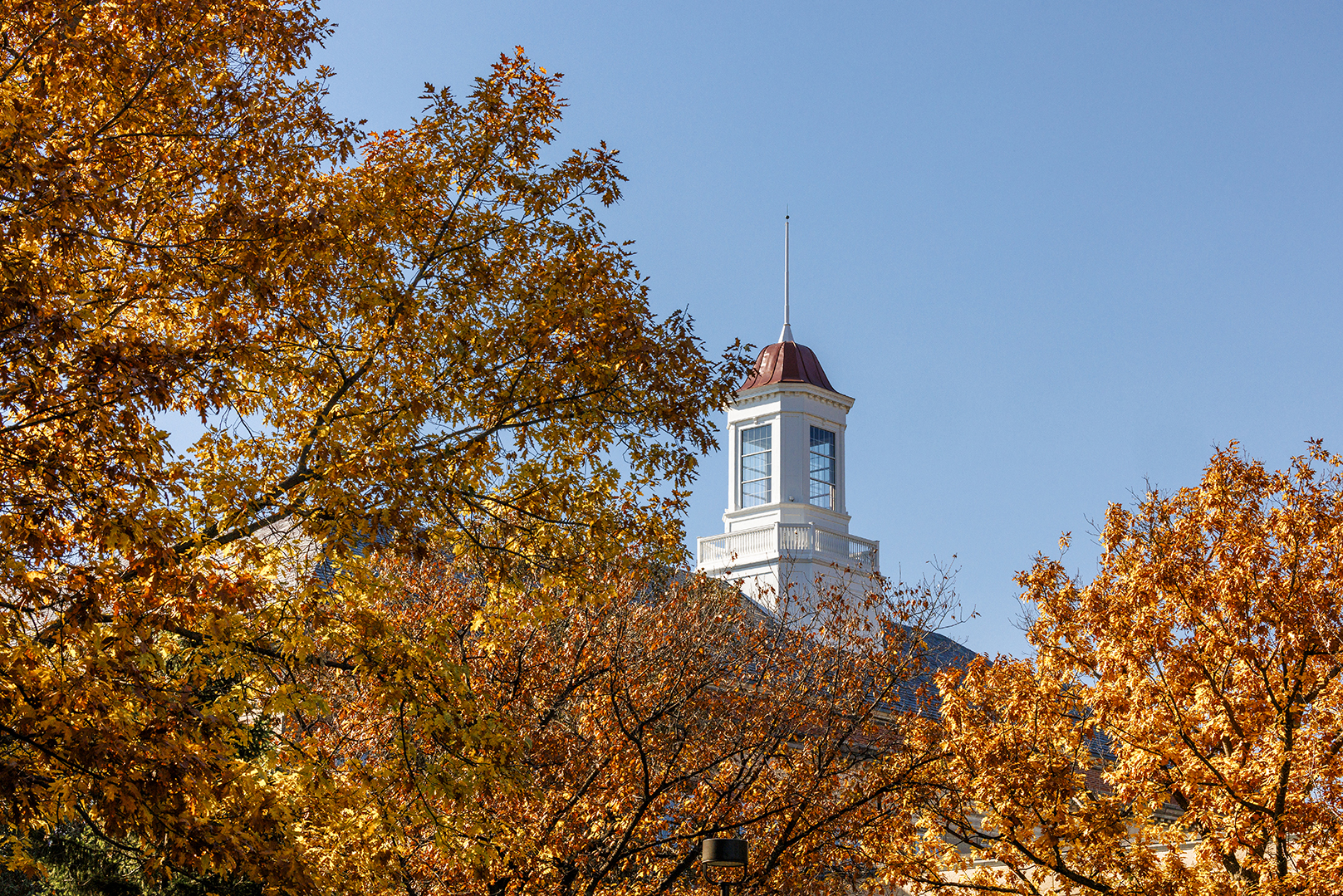
The University of Nebraska–Lincoln set records for research growth according to several key measures, the Office of Research and Economic Development announced Nov. 10 during its biannual Nebraska Research Days celebration.
Sponsored research awards for fiscal year 2023, which ended June 30, totaled $194 million — an all-time high and a 12% increase from the previous year. During the past decade, total sponsored research awards have increased 80% — growth that is necessary to fuel national competitiveness and economic development. Sponsored awards include all grants, cooperative agreements, gifts and contracts from external funding sources for research activities.
“It is a testament to the UNL faculty’s expertise and capabilities that Nebraska’s research enterprise has experienced phenomenal growth even during lean budget periods and the resulting limitations on hiring additional faculty to expand our research capacity,” said Sherri Jones, interim vice chancellor for research and economic development.
Total research expenditures reached a record $340 million for fiscal year 2022, marking a 12th consecutive year of growth and a 34% increase over the past 10 years. Research expenditures reflect the amount the university invests annually in research and development activities and are considered a key indicator of growth and research quality by national peers. Funding sources are internal and external to the university.
Fiscal year 2022 is the most recent year for which total research expenditures are available. Fiscal year 2023 research expenditures data will become available in early 2024. Measurements for all U.S. colleges and universities are collected annually by the National Center for Science and Engineering Statistics. Total federal research awards also reached a record high of $163 million, a 17% increase from fiscal year 2022. Federal research awards have more than doubled over the past 10 years.
The following are some of the major grants and awards that Nebraska U received in fiscal year 2023:
$25 million from the U.S. Department of Commerce to establish the Heartland Robotics Cluster, which will fund educational programs to train students to become robotics entrepreneurs and to build state-of the-art robotics facilities in the College of Engineering and Nebraska Innovation Campus.
$25 million from the U.S. Department of Agriculture to establish the Heartland Regional Foods Business Center, aimed at improving access to fresh, local foods while strengthening communities’ economic vitality.
$15 million from the U.S. Department of Transportation for the Mid-America Transportation Center to continue as the Region 7 hub that serves Nebraska, Iowa, Missouri and Kansas. The center’s aim is conducting research that improves the safety of transportation infrastructure and developing the next generation of transportation researchers through education and outreach programs.
$12.8 million from the U.S. Department of Energy to lead a multi-institutional team that will investigate the potential of using camelina for biofuels and advanced biomaterials.
Also in fiscal year 2023, Husker historians and legal scholars received a four-year, $1 million grant from the Andrew W. Mellon Foundation to launch a teaching, research and collaboration hub that is positioning Nebraska as a leader in education and scholarship focused on the relationship between U.S. law and race. At the time the project was awarded, it was the largest arts and humanities research grant in the university’s history.
Nebraska researchers’ impact goes far beyond ways that are easily measured, Jones said.
“Through research, scholarly and creative activity, UNL strives to address some of the world’s greatest challenges for the benefit of the state of Nebraska and society,” she said. “We make our greatest contributions by resolving to solve problems and change the world. That is our responsibility as researchers at the state’s only land-grant institution.”
Share
Related Links
Tags
High Resolution Photos








